Word-of-mouth is the number one way that prospective parents first learn about your school. In order for positive word-of-mouth to occur, parents must be talking about your school in a positive way. This is the foundation of your enrolment and marketing plan.
Did you know that there is a way to measure the strength of the word-of-mouth of the parents at your school? This measurement is known as the Net Promoter Score (NPS). I have been measuring this key score in the schools that work with me, through both my Enrollment Catalyst Program and the surveys that I conduct.
I would like to introduce you to this concept.
What is the ultimate question?
In 2006, Fred Reichheld authored his groundbreaking book, The Ultimate Question. He discusses the ultimate question, which is used to measure your NPS:
On a scale from zero to ten, with ten being the highest, how likely are you to recommend your school to a friend?
This question is very important to ask since it will reveal whether a customer — in your case, a parent — is willing to recommend your school to a friend. If they aren’t willing, then the parent is likely dissatisfied and may end up as part of your attrition statistics. However, if they will recommend your school, then they are loyal to your school and satisfied with their experiences.
This ultimate question is a very simple one that gives us a snapshot of the strength of our word-of-mouth.
How does this question work?
Based on the response, the respondent is placed in one of three categories.
- Promoters: a score of nine or ten is identified as a Promoter. According to Reichheld, “People who respond with a nine or a ten are signalling that their lives have been enriched by their relationship with the company. They behave like loyal customers, typically making repeat purchases and giving the company a larger share of their spending. They talk up the company to their friends and colleagues, just as their answer to the question implies.”
- Passives: a score of seven or eight is identified as a Passive. Reichheld says that, “People who give the company a seven or an eight got what they paid for, nothing more. They are passively satisfied customers, not loyal ones, and they exhibit a markedly different set of attitudes and behaviours. They make few referrals — and when they do make one, it’s likely to be qualified and unenthusiastic.”
- Detractors: a score from zero to six is a Detractor. Reichheld says, “And then there are the people who give a rating of six or below. Their score indicates that their lives have been diminished by their dealings with the company. They are not a happy crew. They are dissatisfied, disaffected, even dismayed by how they are treated. They badmouth the company to their friends and colleagues.”
The goal is to have a much larger number of your parents as promoters. Promoters are the key to your school’s word-of-mouth in the community.
Based on the responses and the above categories, you can determine your NPS. Your score is computed by taking the percentage of promoters and subtracting the percentage of detractors. This will give you a score that will range between +100 and -100.
Net Promoter Score = % promoters – % detractors
The higher your score, the stronger your school’s word-of-mouth is in your community. Obviously, the lower the score, the more concerned you should be about your school’s word-of-mouth.
For example, in the hundreds of schools for which I have measured their NPS, I have seen scores as high as 80, which is an outstanding score. Scores above 50 are indicative of a great school with strong word-of-mouth from parents.
A few years ago, I measured the NPS in a school that came in at minus three … and the school closed the following year.
In addition, it is important to ask a follow-up, open-ended question to give the detractor or passive parent an opportunity to share what would need to be changed for their score to be increased. For the promoter parents, you can ask them what the school does really well.
By asking these two questions, you will be able to measure the strength of your word-of-mouth in the community.
As you consider your word-of-mouth marketing strategy and plan this year, it is important to measure your school’s NPS. If you are interested in a partner in this effort, please reach out to me to find out more about my Net Promoter Score Survey for schools.
Find out more about my New Promoter Score Survey.
Dr Rick Newberry is the President of Enrollment Catalyst. Based in the USA, his goal is to provide school leaders with effective marketing and enrolment strategies, as well as staff accountability, direction, and results needed to grow their enrolment. enrollmentcatalyst.com







